Innovative Walking Assistance Devices for Adults
Maintaining mobility is crucial for independence and quality of life.

Maintaining mobility is crucial for independence and quality of life. For adults facing mobility challenges, innovative walking assistance devices offer a range of solutions to enhance movement and provide support. This blog post explores some of the latest advancements in this field, and how you can book a mobility assistant to further enhance your experience.
Beyond the Traditional: Exploring Modern Walking Aids
While canes, walkers, and crutches remain valuable tools, advancements in technology have led to the development of more sophisticated and versatile walking assistance devices. These innovations aim to improve comfort, stability, and overall user experience.
1. Advanced Rollators:
Modern rollators go beyond basic support. Features include:
Improved Maneuverability: Swiveling front wheels and lighter frames for easier navigation.
Enhanced Braking Systems: Hand brakes with locking mechanisms for added safety.
Built-in Seating: Comfortable seats for resting during longer walks.
Integrated Storage: Baskets or bags for carrying personal items.
2. Smart Canes:
These high-tech canes offer features like:
Fall Detection: Sensors that detect falls and automatically alert emergency contacts.
GPS Tracking: Location tracking for added safety and peace of mind.
Laser Guidance: Laser beams that project onto the ground to help users navigate obstacles.
Vibrating Handles: Haptic feedback to provide navigation cues.
3. Powered Exoskeletons:
These wearable robotic devices provide support and assistance for walking. They can be particularly beneficial for individuals with:
Spinal Cord Injuries: Providing support for standing and walking.
Stroke Recovery: Assisting with gait retraining and rehabilitation.
Muscle Weakness: Providing power assistance to aid movement.
4. Advanced Orthotics and Prosthetics:
Advancements in materials and design have led to more comfortable and functional orthotics and prosthetics:
Lightweight Materials: Carbon fiber and other lightweight materials improve mobility and comfort.
Microprocessor-Controlled Prosthetics: These devices use sensors and microprocessors to adapt to different terrains and walking speeds.
5. Virtual Reality (VR) and Gait Training Systems:
VR technology is being used to create immersive environments for gait training:
Simulated Environments: VR can simulate real-world scenarios, helping users practice walking in different environments.
Gait Analysis and Feedback: Sensors and software can analyze gait patterns and provide feedback to improve walking technique.
Choosing the Right Device and Booking a Mobility Assistant:
Selecting the appropriate walking assistance device depends on individual needs and circumstances. Consulting with a healthcare professional, such as a physical therapist or occupational therapist, is crucial for determining the best option. They can assess your mobility level, physical condition, and lifestyle to recommend the most suitable device.
To further enhance your mobility and independence, consider booking a mobility assistant. A trained assistant can provide companionship, support with transportation, and assistance with daily activities, allowing you to fully enjoy your outings and maintain an active lifestyle.
Related
-

The Ultimate Guide to Choose the Right Walking Devices for Adults
-

Beyond the Wheelchair: Why Emotional Support Is Just As Important As Physical Help
-

The Importance of Wheelchair Assistance for the Elderly
-

Enhancing Sleep Quality for Wheelchair Users
-

In-Home Health Care Services in Mumbai Using the MobiCrew App
-

Top Benefits of Visiting a Physical Therapy Clinic
-

Slippery Roads Ahead: How to Keep Elderly Loved Ones Safe This Monsoon
-

Focus your mind to stay healthy
-

Benefits of Hiring a Companion for Elderly Care in Mumbai
-
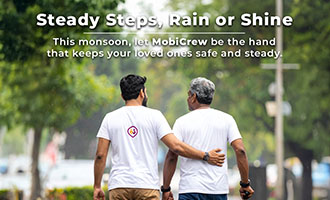
Rolling Through the Rain: A Monsoon Safety Guide for Wheelchair Users
-
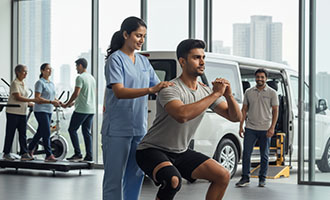
How Sport Rehabilitation in Mumbai Helps Athletes Bounce Back Stronger
-

Choosing the Right Care Taker Services in Mumbai for Your Needs
-

Understanding Spina Bifida: Symptoms, Types, and Early Detection
-

Finding the Perfect Health Service Provider: Tips for Elderly Care
-
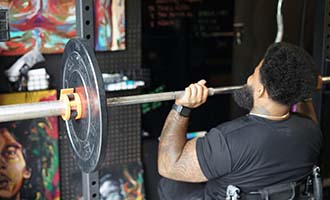
Physiotherapy tips for home
-

Stay in shape with Yoga
-

The Role of Hydration in Health and Wellness
-

Wheels of Support
-

Why Routine Health Check-Ups Matter for Wheelchair Users
-
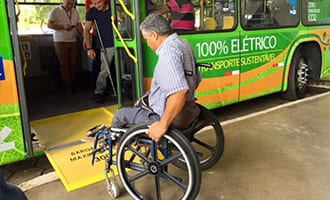
How to Choose Reliable Mobility Services at Home in Mumbai
-

How to Choose the Right Sports Rehab Treatment Clinic Near You
-
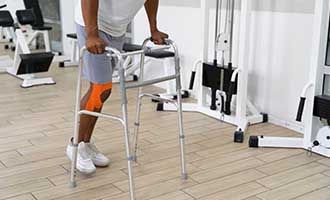
Adaptive Fitness: Exercise Tips for Individuals with Limited Mobility
-

Top Qualities to Look for in Elderly Carers in Mumbai
-

Sports Injury Prevention Strategies for Mumbais Active Youth
-

How to Help People with Disabilities: A Guide to Inclusive Practices
-

Rollin' in the Greens.
-

Rolling Towards Peace
-

Breathing right can change your life
-
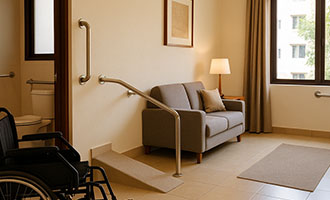
How Accessible Homes Create Truly Independent Living
-

Best Physical Therapies in Mumbai for Post-Operative Recovery
-

Fashion Forward: Style Tips for People with Limited Mobility
-

Understanding the Benefits of In-Home Elder Care for Loved Ones
-
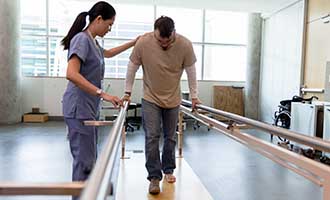
Tips to Choose the Right Physical Therapist for Your Needs
-

Embracing Holistic Wellness: A Guide for Seniors and Individuals with Mobility Needs
-

Best Wheelchairs for Senior Citizens in Mumbai Buyers Guide
-
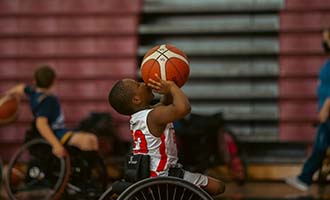
Get in the game
-

The power of Pilates
-

Beginners, chair cardio is the way to go!
-
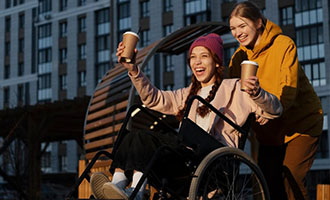
Tips To Empower People with Limited Mobility
-

Dating with a Disability: Navigating Love, Relationships, and Mobility Challenges
-

Best Elderly Care Apps for Seniors in 2025









